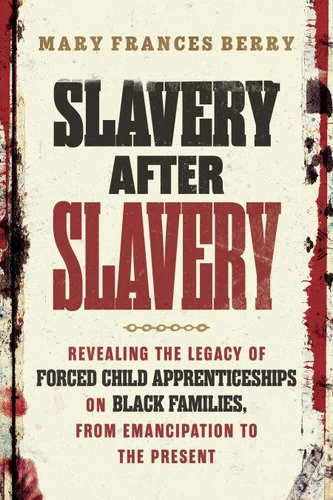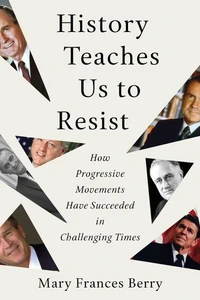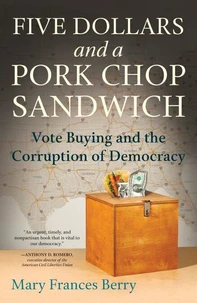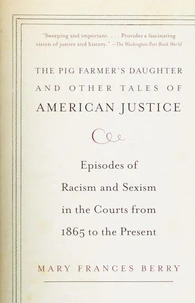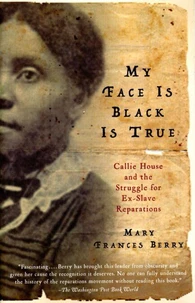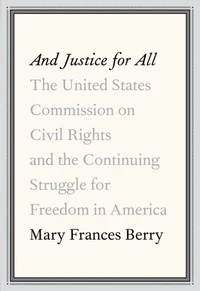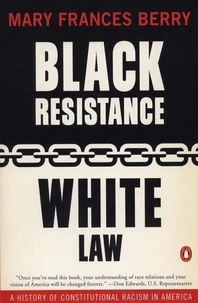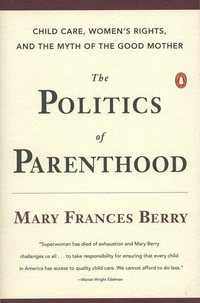Slavery After Slavery. Revealing the Legacy of Forced Child Apprenticeships on Black Families, from Emancipation to the Present
Par :Formats :
Disponible dans votre compte client Decitre ou Furet du Nord dès validation de votre commande. Le format ePub protégé est :
- Compatible avec une lecture sur My Vivlio (smartphone, tablette, ordinateur)
- Compatible avec une lecture sur liseuses Vivlio
- Pour les liseuses autres que Vivlio, vous devez utiliser le logiciel Adobe Digital Edition. Non compatible avec la lecture sur les liseuses Kindle, Remarkable et Sony
- Non compatible avec un achat hors France métropolitaine
 , qui est-ce ?
, qui est-ce ?Notre partenaire de plateforme de lecture numérique où vous retrouverez l'ensemble de vos ebooks gratuitement
Pour en savoir plus sur nos ebooks, consultez notre aide en ligne ici
- Nombre de pages200
- FormatePub
- ISBN978-0-8070-0784-6
- EAN9780807007846
- Date de parution21/01/2025
- Protection num.Adobe DRM
- Taille2 Mo
- Infos supplémentairesepub
- ÉditeurBeacon Press
Résumé
An acclaimed historian narrates the stories of newly emancipated children who were re-enslaved by white masters through apprenticeships and their parents fights to free themWhile the Thirteenth Amendment abolished slavery, white southerners established a system of apprenticeship after the Civil War that entrapped Black children and their families, leading to undue hardships for generations to come.
In Slavery After Slavery, historian Mary Frances Berry traces the stories behind individual cases from southern supreme courts to demonstrate how formerly enslaved families and their descendants were systemically injured through white supremacist practices, perpetuated by the legal system. By filling in the family trees of formerly enslaved people to their descendants, Berry documents the intergenerational harm they experienced.
The resulting damage of trafficking Black children through apprenticeship laws has been a largely overlooked source of inequality, yet these cases provide specific examples of the kind of economic and physical harm Black families have endured. Slavery After Slavery tells individual stories, but the fates of their descendants tell our collective American story-contributing powerfully to a case for reparations and restorative justice.
In Slavery After Slavery, historian Mary Frances Berry traces the stories behind individual cases from southern supreme courts to demonstrate how formerly enslaved families and their descendants were systemically injured through white supremacist practices, perpetuated by the legal system. By filling in the family trees of formerly enslaved people to their descendants, Berry documents the intergenerational harm they experienced.
The resulting damage of trafficking Black children through apprenticeship laws has been a largely overlooked source of inequality, yet these cases provide specific examples of the kind of economic and physical harm Black families have endured. Slavery After Slavery tells individual stories, but the fates of their descendants tell our collective American story-contributing powerfully to a case for reparations and restorative justice.
An acclaimed historian narrates the stories of newly emancipated children who were re-enslaved by white masters through apprenticeships and their parents fights to free themWhile the Thirteenth Amendment abolished slavery, white southerners established a system of apprenticeship after the Civil War that entrapped Black children and their families, leading to undue hardships for generations to come.
In Slavery After Slavery, historian Mary Frances Berry traces the stories behind individual cases from southern supreme courts to demonstrate how formerly enslaved families and their descendants were systemically injured through white supremacist practices, perpetuated by the legal system. By filling in the family trees of formerly enslaved people to their descendants, Berry documents the intergenerational harm they experienced.
The resulting damage of trafficking Black children through apprenticeship laws has been a largely overlooked source of inequality, yet these cases provide specific examples of the kind of economic and physical harm Black families have endured. Slavery After Slavery tells individual stories, but the fates of their descendants tell our collective American story-contributing powerfully to a case for reparations and restorative justice.
In Slavery After Slavery, historian Mary Frances Berry traces the stories behind individual cases from southern supreme courts to demonstrate how formerly enslaved families and their descendants were systemically injured through white supremacist practices, perpetuated by the legal system. By filling in the family trees of formerly enslaved people to their descendants, Berry documents the intergenerational harm they experienced.
The resulting damage of trafficking Black children through apprenticeship laws has been a largely overlooked source of inequality, yet these cases provide specific examples of the kind of economic and physical harm Black families have endured. Slavery After Slavery tells individual stories, but the fates of their descendants tell our collective American story-contributing powerfully to a case for reparations and restorative justice.

